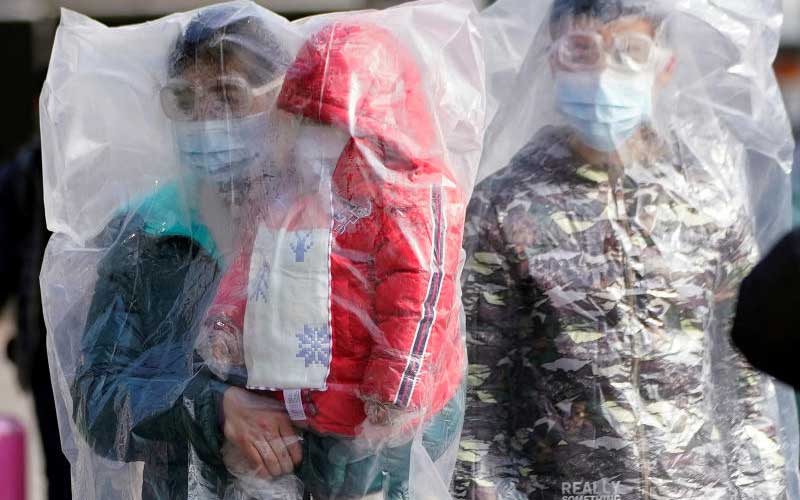×
The Standard e-Paper
Smart Minds Choose Us

Passengers wearing masks and covered with plastic bags walk outside the Shanghai railway station in Shanghai, China as countries race to contain the virus. [Reuters]
The deadly coronavirus outbreak – which has so far killed 811 people in China alone, and infected more than 31,774 people around the world – has bred several false claims.